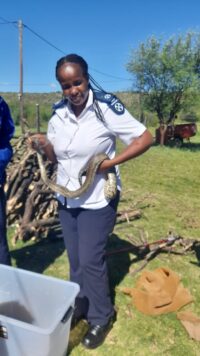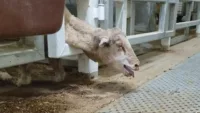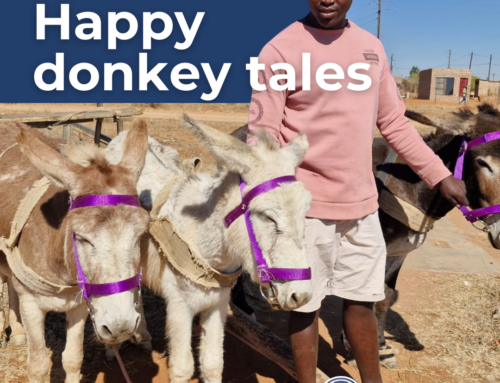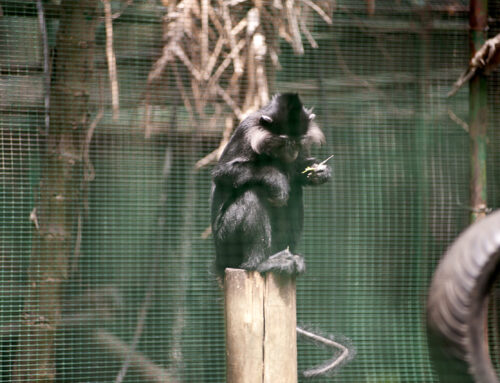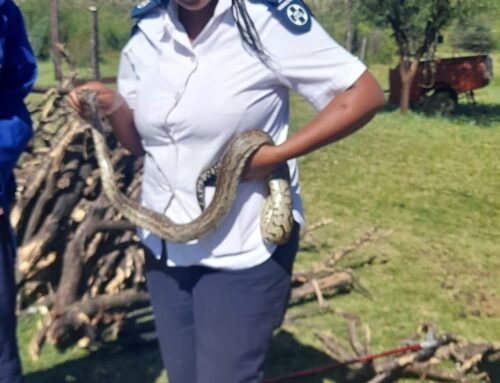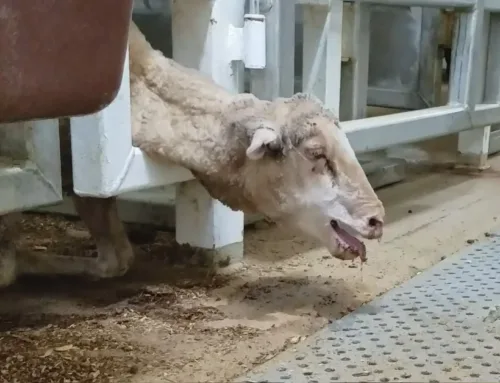The NSPCA has, through veterinary laboratory testing together with visual examination, confirmed the presence of contagious ecthyma, an infectious dermatitis of sheep and goats, which is contagious to humans too, in the Al Mawashi Feedlot, contained in the herd bound for Kuwait and Saudi Arabia.
After NSPCA National Inspectors observed lesions on the lips of numerous sheep in the feedlot, which raised suspicions of contagious ecthyma (also known as “Orf”, “Vuilbek” or by its old English name, “Scabby Mouth”), the NSPCA resorted to laboratory testing, which has confirmed the animals bound for the Al Messilah vessel are exposed to the virus.
During the course of the disease, which lasts up to four weeks, affected animals can go off feed, lose condition and may develop serious secondary infections at the lesion sites. This poses a serious concern in terms of the welfare of the animals on board the Al Messilah vessel, especially those who are not yet showing clinical signs, but who could suffer on the vessel during their three-week journey.
These animals, unable to eat, will undoubtedly suffer an awful fate, and possibly starve to death whilst enduring unnecessary pain and suffering from the dreadful mouth lesions and possible infections. Shipments from Australia where the disease has been found, have been rejected by the Middle East in the past.
Should this shipment be rejected by Kuwait and Saudi Arabia, the South African government has confirmed with the NSPCA that South Africa will not be able to accept the returning animals. The NSPCA is, therefore, concerned of the risk that these animals will be left stranded at sea.
The NSPCA has actively pulled animals from the feedlot that are displaying clinical signs, although the fate of those still to show clinical signs are a serious cause for concern. This disease also poses a threat to human health, as it is a zoonotic disease that can result in painful sores to humans coming into contact with the animals.
We remain steadfast in our stance that no country has the capacity or capability to ensure or guarantee animal welfare on livestock vessels. If it were not for the diligent screening of the NSPCA, these diseased animals would have been allowed to board the Al Messilah.
The NSPCA remains at the Al Mawashi feedlot and the East London Harbour, removing any compromised animals from the shipment. As a non-profit organisation, it has become increasingly difficult to ensure the welfare of the animals with such serious disregard by Al Mawashi and Page Farming Company alike.
Donate to the NSPCA
If you are as passionate about animals and their well-being as we are, consider supporting our causes by donating here.


